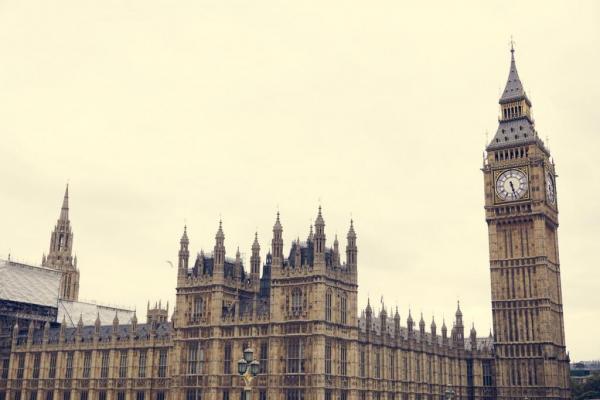By Lyndsey Hall

Dissolution of Parliament took place on March 30th, in preparation for the General Election on May 7th.
Under the Fixed-Term Parliaments Act 2011, Parliament must be dissolved 25 working days before a General Election. The time between dissolution of the previous Parliament and the election is called purdah, or the pre-election period. Whilst the Prime Minister retains his role and responsibilities during this time, MPs do not. They lose all their parliamentary privileges and revert to being members of the public. They are also prevented from accessing the facilities of the Palace of Westminster from 5pm on the day of dissolution, and are encouraged to exercise discretion in any and all dealings that may extend beyond the pre-election period; however, this has not always happened in the past.
As the election campaign begins, each party has already started making promises to British taxpayers: the Conservatives will create 2million new jobs; Labour will help small firms by cutting business rates; and the Lib Dems promise to spend billions more on mental health.
A new Parliament could take their seats in Westminster as early May 18th; however with the current uncertainty over which way the votes will sway, it could be longer before a new Prime Minister is announced.
Have you made your mind up yet? Do you think it will be a close call again this time? We’d love to hear your thoughts, leave us a Comment or get in touch on Twitter and Facebook.
If you liked this article, you may also like:


